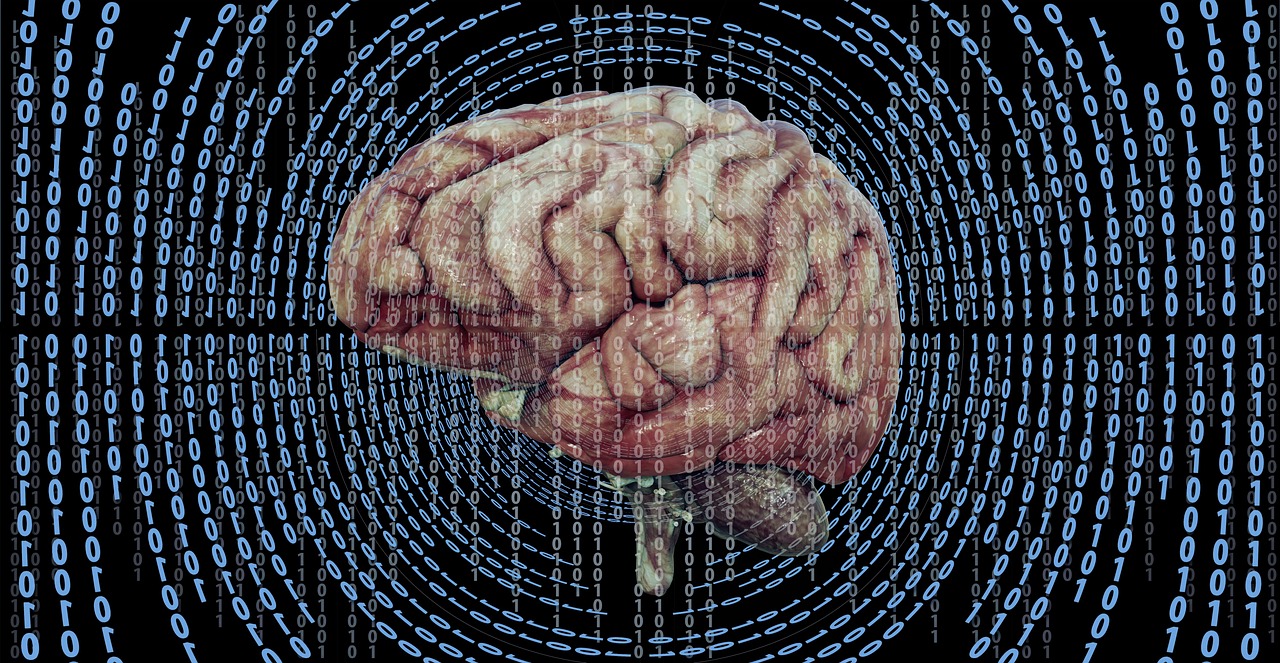Experts
Researchers Propose a Possible Blood Test to Predict Rate of Aging
The best way to combat diseases, chronic illnesses and health conditions is to prevent them from manifesting. Oftentimes, however, people are unaware of what kinds of measures to take since they do not know their own risk factors for these conditions. In a new study, researchers suggest that a possible new blood test taken from infancy could inform doctors about one's risk of diseases as well as the rate of aging in later life.
The researchers were able to identify a "chemical fingerprint" in blood samples. After studying blood, the research team identified 22 specific metabolites, which are molecules related to one's metabolism. One particular metabolite, called C-glyTrp appeared to be responsible for a wide range of conditions, covering lung function, bone density, blood pressure and cholesterol levels. The researchers also found that C-glyTrp appeared to be affected by an infant's birth weight. When the researchers compared the levels of C-glyTrp in identical twins, they found that the levels were different even though the twins have the exact genetic material.
"Scientists have known for a long time that a person's weight at the time of birth is an important determinant of health in middle and old age, and that people with low birth weight are more susceptible to age related diseases," study leader Professor Tim Spector, from King's College London, said according to Daily Mail. "So far the molecular mechanisms that link low birth weight to health or disease in old age had remained elusive, but this discovery has revealed one of the molecular pathways involved."
The researchers believe that epigenetics is at play in which certain genetic activities get switched on or off between a pair of identical twins due to environment. These affected genes could then relate to age-associated diseases. The data used in this study came from over 6,000 identical twins. The researchers focused on identical twins because they wanted to see if environment and nutrition in the womb could affect overall health and they found evidence that environment could play a huge factor.
"Understanding the molecular pathways involved in the ageing process could ultimately pave the way for future therapies to treat age-related conditions," Co-author Dr. Ana Valdes, also from King's College London, added. "This may help us understand how lower nutrition in the womb alters molecular pathways that result in faster ageing and a higher risk of age-related diseases 50 years later."
The researchers hope that this new blood test could provide doctors and patients a better idea of future health. This could then turn into improved preventative care and extended quality of life. The study was published in the International Journal of Epidemiology.









Join the Conversation